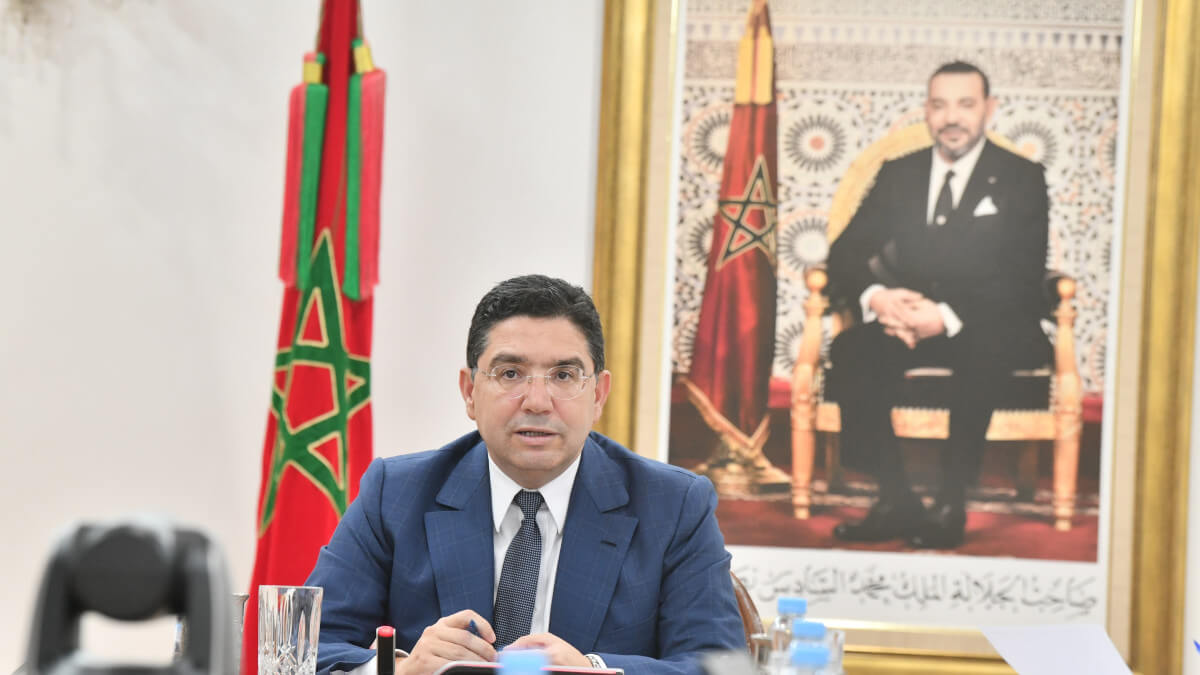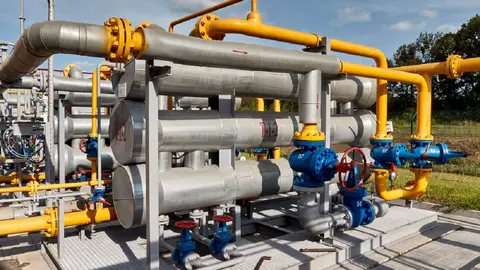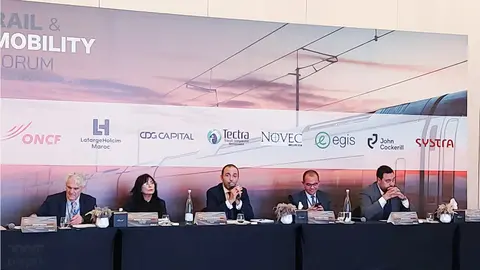Morocco promotes dialogue and cooperation with African countries in political transition

The African dimension occupies a central place in the foreign policy of the Kingdom of Morocco, an approach that has allowed it to gain prestige and reputation at a continental level. This diplomatic leadership has been further reinforced with its presidency of the Peace and Security Council of the African Union during the month of March, and with its recent initiative to promote dialogue with African countries in political transition.
In this sense, Morocco has requested the activation of Article 8, paragraph 11, of the African Union protocol, which establishes the holding of informal consultations with the countries affected by situations that the Council examines. In particular, six African nations in political transition—Burkina Faso, Gabon, Guinea, Mali, Niger and Sudan—are the main protagonists of this diplomatic effort. These consultations seek to strengthen dialogue, address their concerns and explore effective ways of restoring constitutional order, with the aim of facilitating their full reintegration into the continental organisation.
Ambassador Mohamed Arrouchi, Morocco's permanent representative to the African Union and the Economic Commission for Africa, chaired a virtual meeting dedicated to this process. In his speech, Arrouchi emphasised that Rabat acts with a deep sense of responsibility and commitment to the unity, peace, stability and progress of Africa. He stated that these consultations reflect Morocco's willingness to address the challenges of countries in transition with a constructive approach that respects their national realities.
This approach is part of Morocco's foreign policy, which has based its strategy on South-South cooperation, solidarity and mutual respect. Morocco's relations with several African countries, particularly in West Africa, the Sahel and the Sahara, have been sustainable and fruitful, highlighting its ability to adapt to political changes and offer practical solutions.

Recently, the Assembly of Heads of State and Government of the African Union ratified the report of the Union's Peace and Security Council on the implementation of the Master Roadmap, which seeks to stop conflicts in Africa. This report underlines the need to adopt a comprehensive approach that connects peace, security and development, and promotes interconnected projects that support countries in transition. In this sense, Morocco has proposed a multidimensional model that responds to the interests of the countries in question, respecting their specificities and regional dynamics.
Khaled Chiat, professor of International Relations, commented that Morocco's call to support African countries in transition through a comprehensive approach to peace, security and development is consistent with its historical approach to Africa. The Kingdom offers practical solutions to help these nations, regardless of their political orientations, recognising that their political systems are marked by development concerns.

Furthermore, since rejoining the African Union, Morocco has promoted regional integration projects, such as the Atlantic Initiative, which will benefit countries seeking reintegration into the continent. Similarly, the gas pipeline project that will connect Nigeria with Morocco and cross several African countries promises to contribute to energy development and improve social and economic conditions in the region.
As for the nations of Mali, Burkina Faso and Niger, which are currently seeking to form a political and economic confederation to ensure their stability, Ambassador Arrouchi emphasised the importance of not leaving these countries isolated in times of crisis, reaffirming the spirit of African solidarity.

Morocco is committed to a collective and multidimensional approach, based on cooperation, that allows for the identification of lasting solutions adapted to the specific contexts of each country in transition. In this sense, Arrouchi pointed out that the consultations are a key step towards coordinated solutions that promote peace and stability on the continent.
This initiative is part of Morocco's strategic vision for Africa, which includes its commitment to strengthening relations in the Sahel and the Sahara. In November 2023, King Mohammed VI announced an initiative to facilitate access to the Atlantic Ocean for Sahel countries such as Mali, Chad, Niger and Burkina Faso. This Atlantic vision of Morocco seeks to contribute to the consolidation of political stability in the region, in line with its principles of South-South cooperation.
In this way, Morocco continues to demonstrate its commitment to the development and integration of the African continent, supporting countries in transition on their path to peace, stability and progress.










